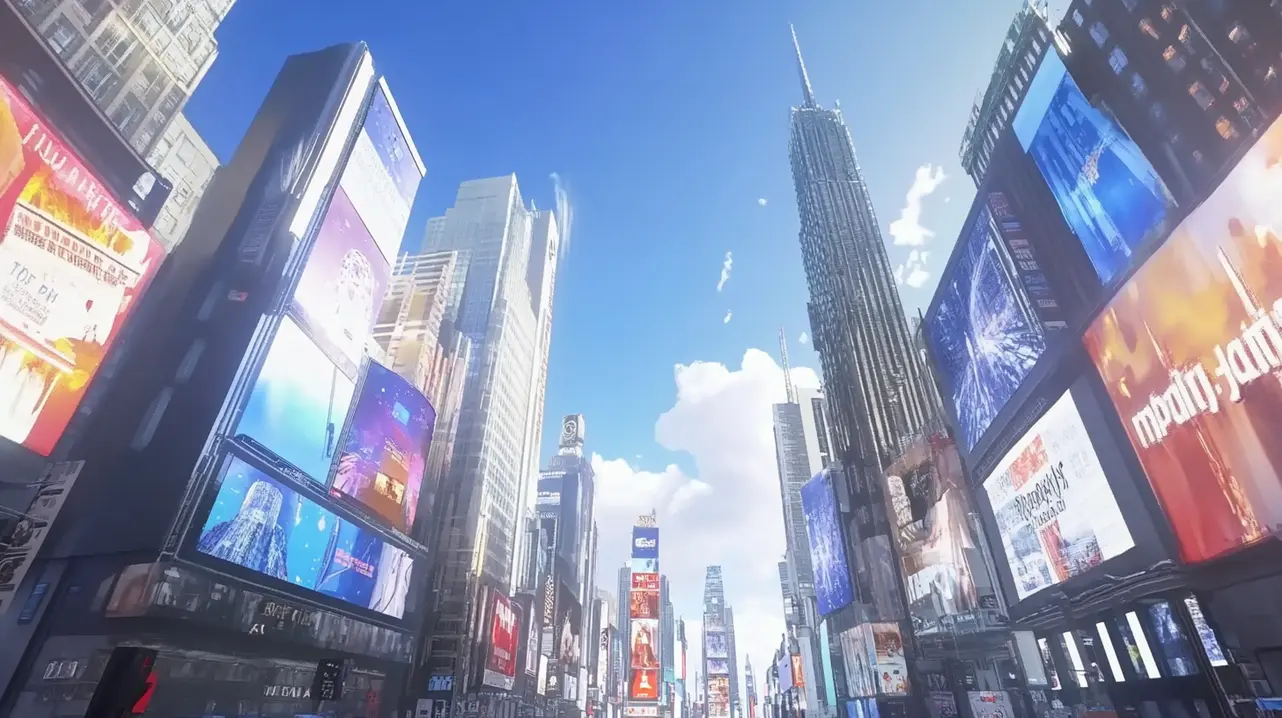In the bustling world of 2024, agencies are standing at the crossroads of transformation, thanks to the relentless march of AI automation. It’s akin to how the San Antonio River Walk transformed downtown San Antonio; something that started small has now become both a major attraction and a vibrant vein of the city. Similarly, AI is weaving its influence into the very fabric of agencies, redefining roles, and even the traditional business models you’d expect at places like Geekdom or Rackspace—just perhaps less spectacularly than the Rio during Fiesta.
The influence of AI on agencies can be likened to the impact of the electric motor on manufacturing in the early 1900s. Initially, people were apprehensive, fearing job losses and unprecedented change. Yet, just like the manufacturing revolution led to more opportunities, AI is empowering agencies, making them more adaptable, innovative, and efficient.
Agencies today are shifting from being simple intermediaries to acting as orchestrators of connected digital experiences. Instead of just relaying messages, modern agencies are becoming like a conductor leading a symphony, using AI tools to harmonize the various aspects of digital marketing, analytics, and customer engagement. This is similar to how a place like the Pearl District manages to blend history and modernity, becoming a hub for community and cultural experiences. The seamless integration of old and new makes it a unique and thriving ecosystem in San Antonio—demonstrating what forward-thinking can achieve.
This new AI revolution is not just about replacing mundane tasks; it’s about augmenting human creativity. Tasks once thought to be solely in the human domain, like conceptualization and strategic planning, are now assisted by predictive analytics and AI-driven insights. This means that agencies can focus more on crafting captivating narratives and less on crunching numbers. Just as a paleta on a hot day can transform a walk through the San Antonio Missions into a perfect afternoon, AI automation makes complex processes seem simple and more enjoyable.
However, just as any technological advancement brings challenges, AI in agencies comes with its own set of hurdles: ensuring data privacy, managing AI bias, and maintaining the authenticity of human touch are significant concerns. Agencies must navigate these responsibly, much like how businesses at the Pearl Pay careful attention to sourcing local and sustainable products to maintain both quality and community trust.
In conclusion, the redefined role of agencies in this AI age is not about choosing between man and machine. It’s about man with machine, creating a blend as memorable and complex as the espresso at Local Coffee. Just as San Antonio finds a way to merge its rich cultural heritage with modern innovation, agencies are taking the leap, embracing AI automation to create a future where creativity and efficiency aren’t mutually exclusive but work hand in hand.


